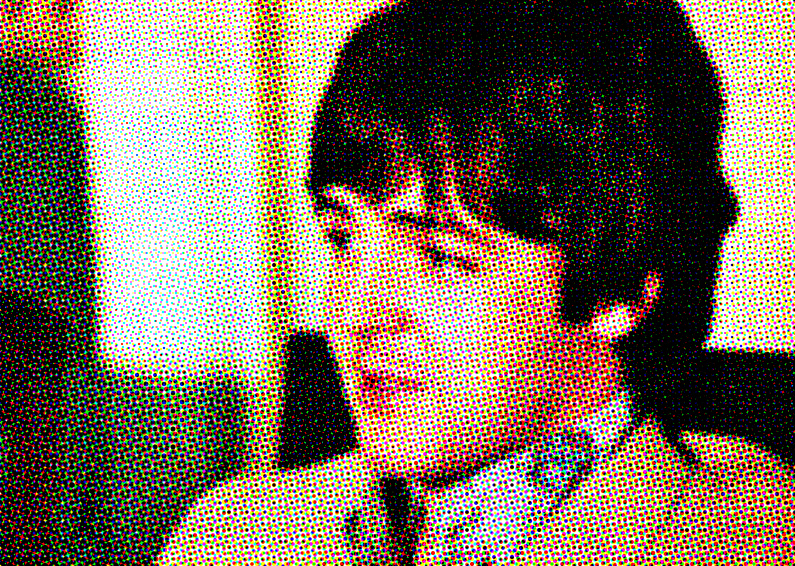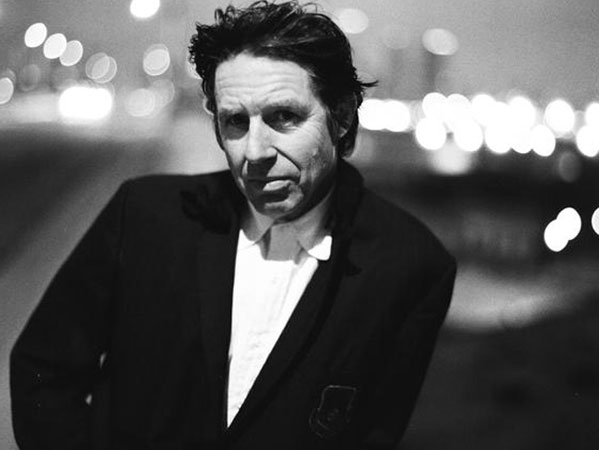It was a moment of pop-culture surrealism worthy of The Simpsons: Paul McCartney, schmoozing backstage at the MTV awards, innocently picks up a baguette and bites into it. His front tooth suddenly shoots out of his mouth, and while it doesn’t land into anyone’s Ketel One–and-cranberry, those looking on are flabbergasted enough. Yes, the gap-toothed McCartney confesses: the Cute Beatle wears a fake tooth. The reason? A motorbike accident more than thirty years ago, in which a stoned McCartney flipped over his handlebars and fell face-first into a dirt path. Though the accident had been public knowledge at the time, McCartney kept the full extent of his injuries hidden for more than three decades, the best-kept secret in all of Beatledom.
Somehow it tells you so much about Paul McCartney: the need to present a sunny, all’s-well face to the world; the juvenile streak that manifests so often in his music (even John knew to stay away from dangerous machinery when he was stoned); and most importantly, the essential mystery that has been hiding in the public’s plain sight ever since the Beatles first came to the consciousness of a generation. McCartney was the smiling, puppy-eyed charmer, and he adopted that characterization so expertly that few people to this day have bothered to look past it. They see a shallow media persona and assume it hides a shallow man, and they’re wrong.
It was not always so. Anyone involved in London’s artistic and cultural ferment of the mid-sixties (which John Lennon largely wasn’t, preferring to shuttle his friends out to Weybridge rather than mix it up at nightclubs) knew McCartney as a key figure, popular among the cognoscenti for his intelligence, curiosity, and openness to new ideas. Naturally his cultural pursuits weren’t allowed to infringe on his favored pastimes of getting high and sleeping with women, yet he still found time to help launch London’s first countercultural newspaper and bookstore, talk movies with Michaelangelo Antonioni, collect the work of surrealist painter Rene Magritte years before anyone else thought it worthwhile, be seen with one of London’s most beautiful and talented actresses, and — oh yeah. And write all those songs.
The greatness of McCartney’s songwriting is so self-evident as to be beyond dispute. It need only be pointed out that his work is far less simplistic than is often claimed. “When I’m Sixty-Four” may be a light-hearted toe-tapper, but the fear of aging lying beneath its charming façade can ambush an unwary listener (“indicate precisely what you mean to say/Your’s sincerely, ‘Wasting Away'”). “You Never Give Me Your Money” is a heartbreaking confession of the Beatles’ decaying carmaraderie, simultaneously recriminatory and celebratory; I’ll take its stunningly versatile four minutes over Lennon’s chest-thumpingly obvious “God” any day, thank you. And “Penny Lane,” arguably his finest single achievement, is a joyful, smutty, kaleidoscopic remembrance of childhood every bit as mind-blowing as its more lauded companion piece, Lennon’s “Strawberry Fields.” (Spend a half-hour sometime pondering the nurse who “feels as if she’s in a play” but “is anyway.” Your head may explode.)
So how, despite his undeniable achievements, has McCartney acquired his reputation as a lightweight, middlebrow balladeer, cuddly and unthreatening? Truth be told, the fault is mostly his, and goes beyond the admittedly depressing decline in the quality of his work around the mid- to late seventies. The birth of Safe Paul McCartney can be traced to the summer of 1967, when Rebellious, Intellectual Paul McCartney admitted to a BBC reporter that he had not only taken LSD (the first pop star to make such an admission), but found the experience beneficial, even a little fun. The establishment came down swiftly and mercilessly, deriding him as an “irresponsible idiot” and generally making life difficult for every drug-taking pop star from then on. While John Lennon never lost his taste for outrageous remarks, McCartney has made nary an offensive peep since, and by the mid-eighties was confessing in interviews that his own family was “a lot like” that depicted on The Cosby Show. Thus the perception of Paul McCartney as an ordinary family man, a perception that has preserved his privacy while chopping away at his artistic reputation.
Happily, there are signs that McCartney is finally coming out of the woods and achieving parity with his martyred ex-partner. A pair of studio albums reminded the public of both his songwriting prowess (Flaming Pie) and his rock n’ roll pedigree (Run Devil Run); a new biography called Many Years From Now finally gave him due credit for his role in advancing the Beatles’ art; and the tragic death of his wife Linda, as sincere and humble a celebrity’s wife as any you’d hope to meet, reminded the media that a life of simple decency was nothing to sneer at. Of course there will always be naysayers; Yoko Ono, appalled at what she regarded as a slur on her late husband’s memory, shriekingly attacked Many Years From Now as a compendium of lies, claiming McCartney was merely “Saglieri to John’s Mozart” and that McCartney made little contribution to the Beatles other than insuring they all turned up on time. Her remarks, in their utter falsity and paranoia, make her pitiable. Lennon at his angriest never claimed to be the sole genius behind the Beatles. And when, years later in America, he would weep listening to “My Love” or gently croon “Here There and Everywhere” to Yoko from their white grand piano, he demonstrated something that his widow is still too blinded by jealousy to appreciate: that a song that insinuates itself into your heart is never simple, and never easy. The seeming effortlessness comes from genius, know-how, hard work, and an emotional generosity that’s impossible to feign. May we all live to see them receive the respect they deserve.
Originally published on Pop-Culture-Corn around ’99 or so.


